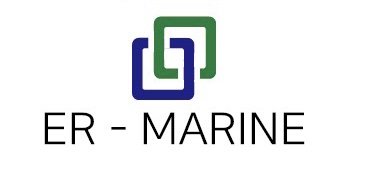Market Intelligence
Members Area
Members have access to exclusive market intelligence data and reports
Explicitly South Korean insights
All reports are in the English language
South Korean energy policy and regulatory updates.
For questions about pricing, contact us: Contact@ER-Marine.com




